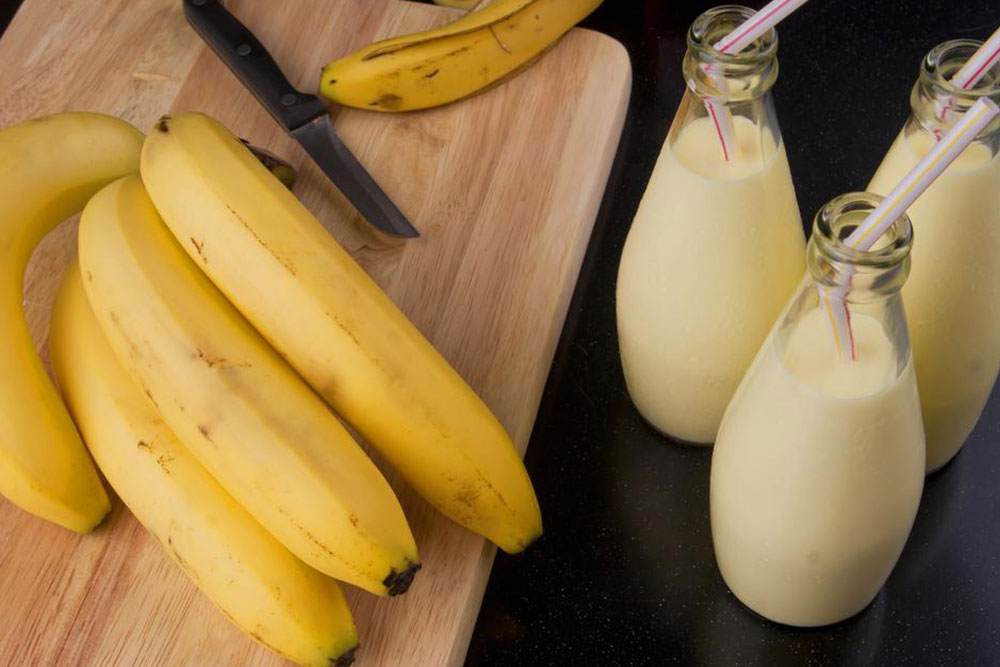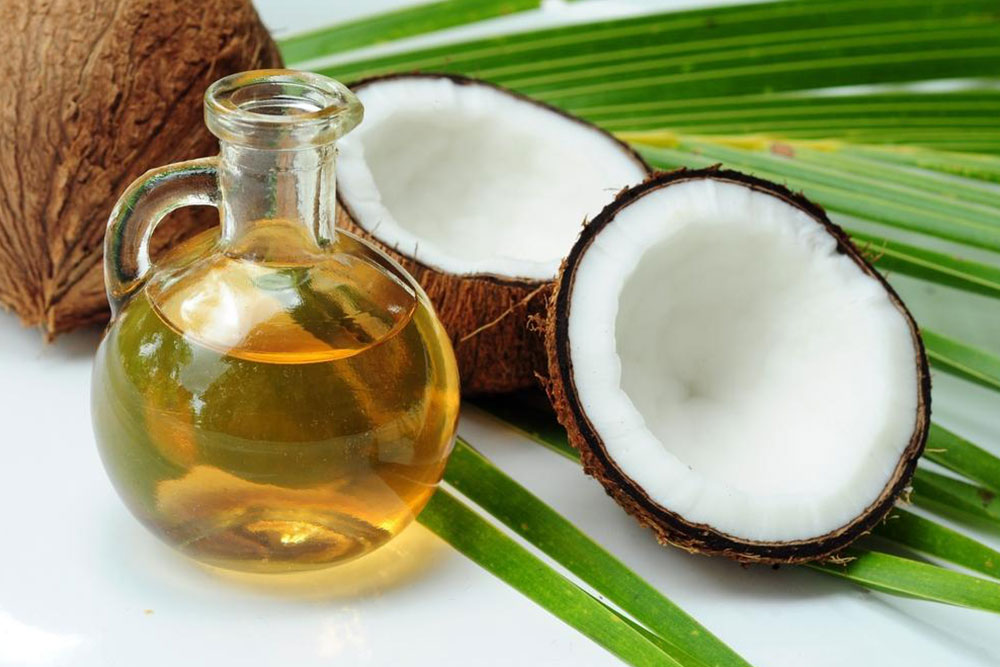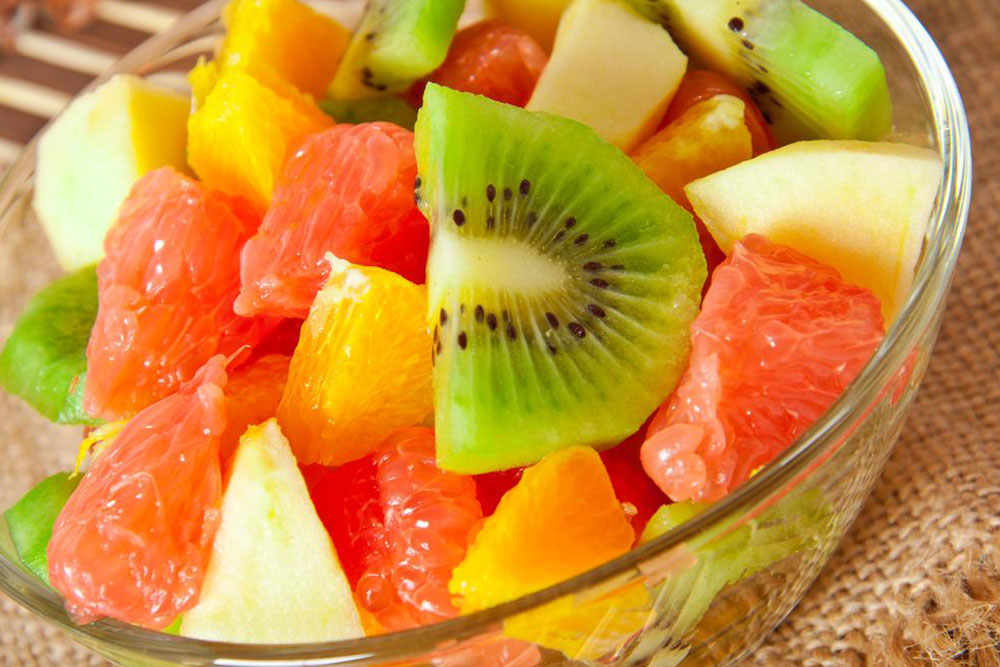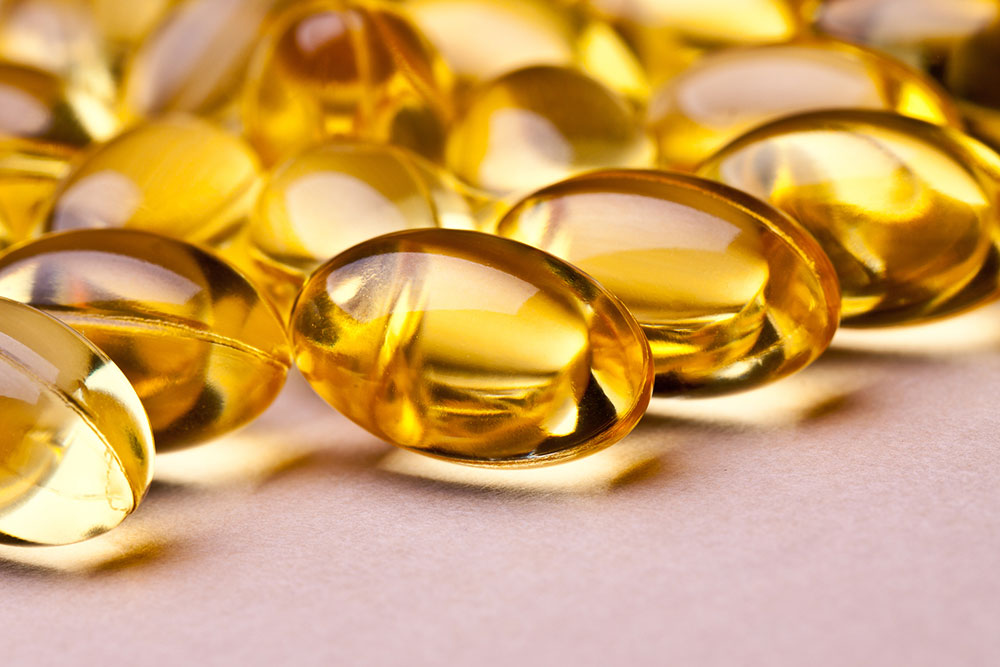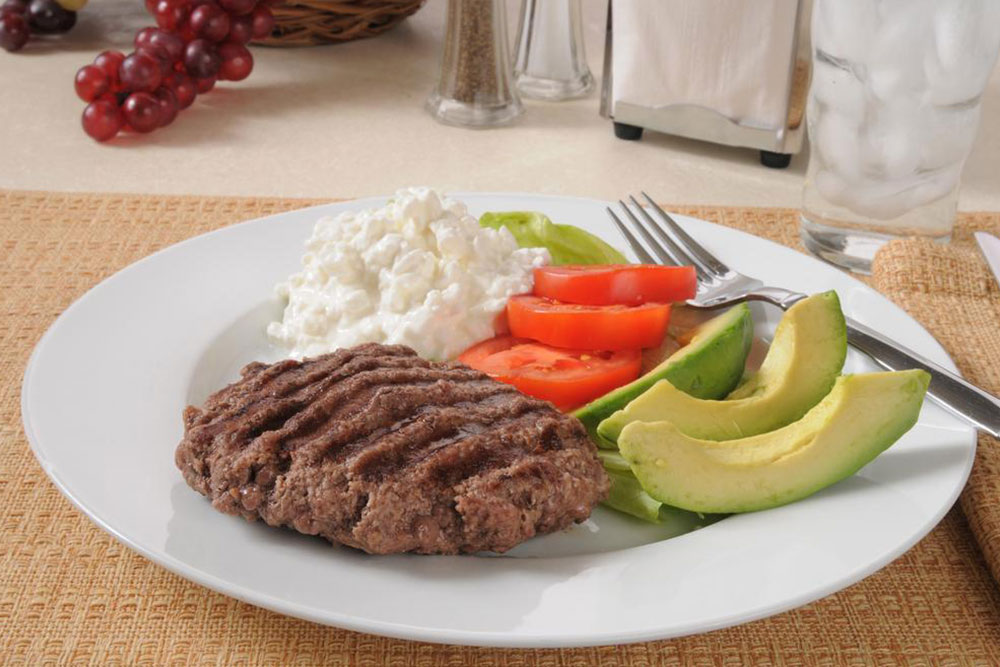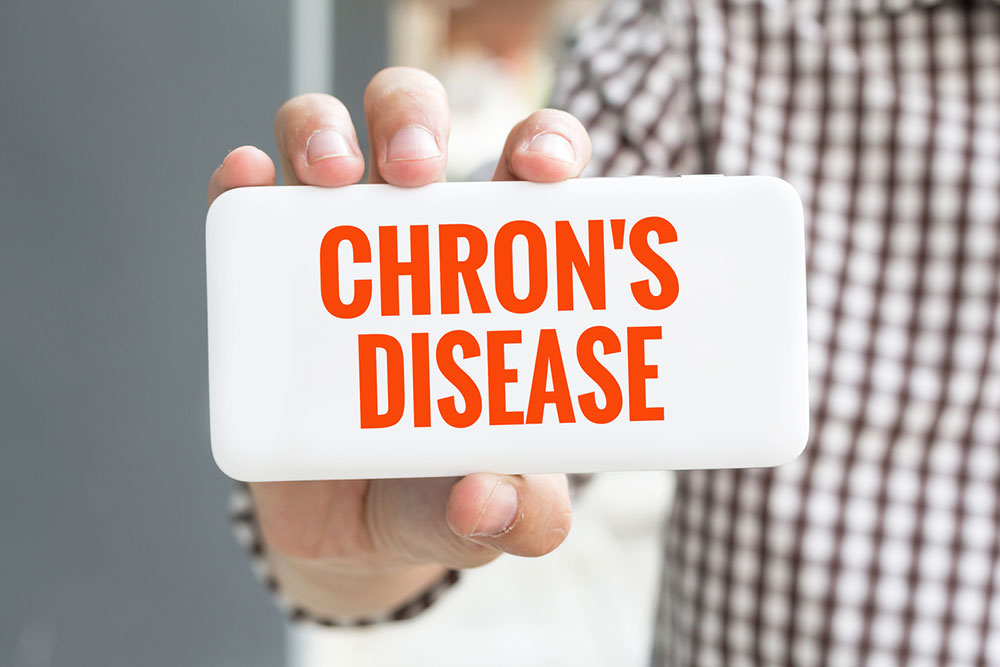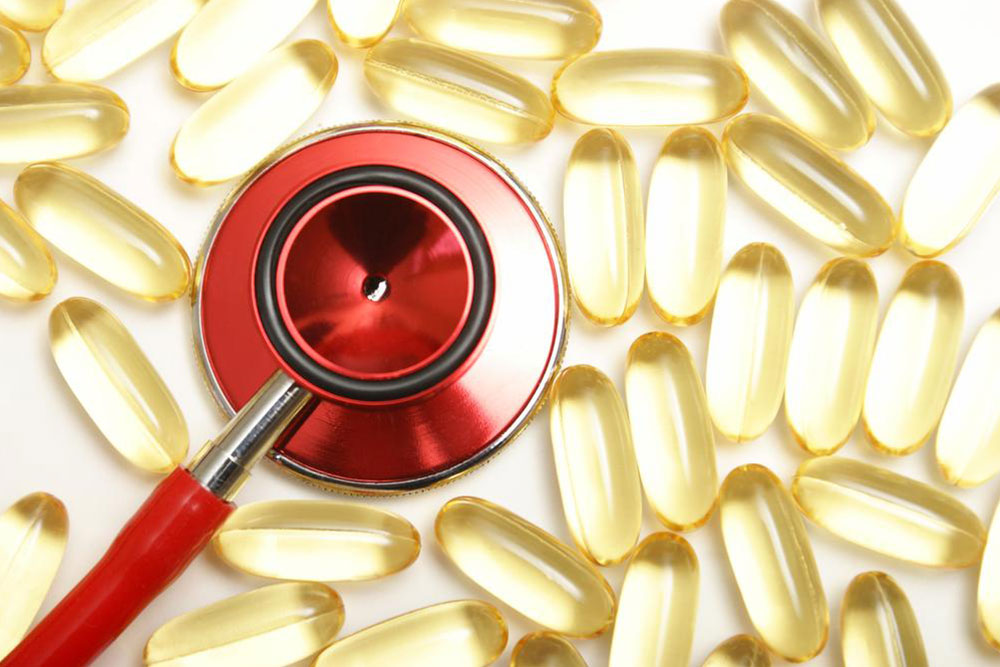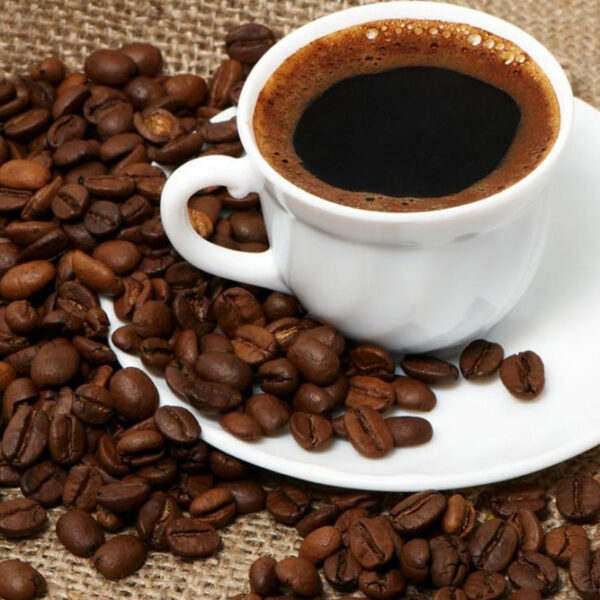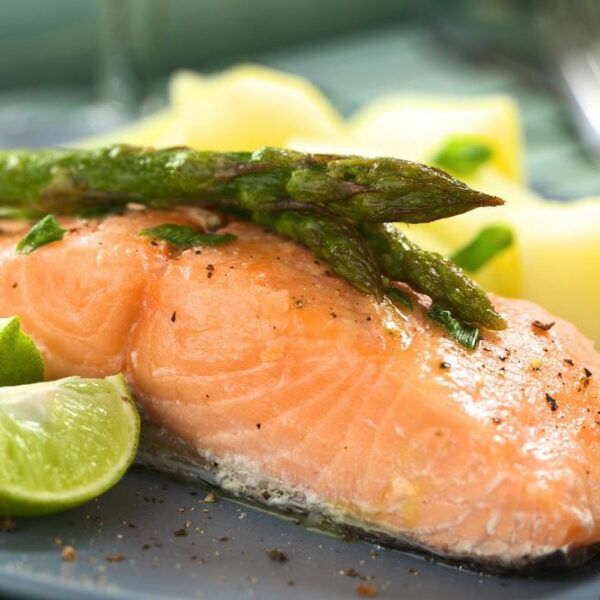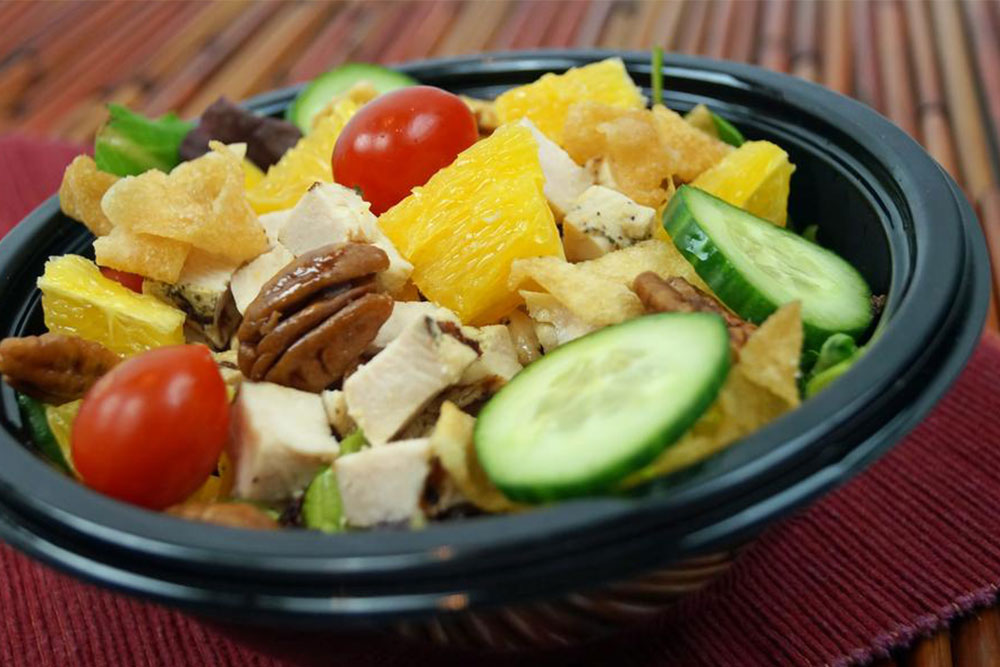
Diets & Meal Plans
Food to Eat to Control Inflammation
What you eat can heal you or make your suffering a lot worse. Chronic inflammation can lead to further complications. So, knowing what food to eat and what to avoid can help prevent inflammation. Anti-inflammatory food Inflammation is an immune response. Injuries, infections, and so on result in inflammation because that is one of the ways the immune system alerts your body’s defense mechanism. The inflammation shows where the action needs to be taken in order to begin the healing process. This is good because it helps you fight off diseases and heal injuries. However, inflammation can also be triggered unnecessarily. There can be causes other than injury or infections. Stress, long hours of work without adequate sleep, heredity, and autoimmune disorders can all cause persistent inflammation without a good cause. Another possible cause is the food you eat. What food to avoid When you are not careful about the healthiness of your diet, you are not only risking obesity, but you may also be making yourself vulnerable to chronic inflammation. Refined sugar and grains, fried food, processed meat, preservatives, artificial color, and flavor additives in your food can contribute to causing inflammation. This type of food can lead to weight gain. The food also has an impact on the good gut bacteria, reducing them and promoting the chances of improper digestion and several other problems. They can also induce inflammation. Chronic inflammation has been linked to an increased risk of diabetes, heart disease, cancer, arthritis, and so on. They can also worsen conditions like arthritis, causing excessive pain. What food to eat There are many types of food that several research studies have shown to help reduce inflammation. In fact, if you stick to an anti-inflammatory diet, it can give you better results than anti-inflammatory medicines. Here are some food items that fight inflammation:

